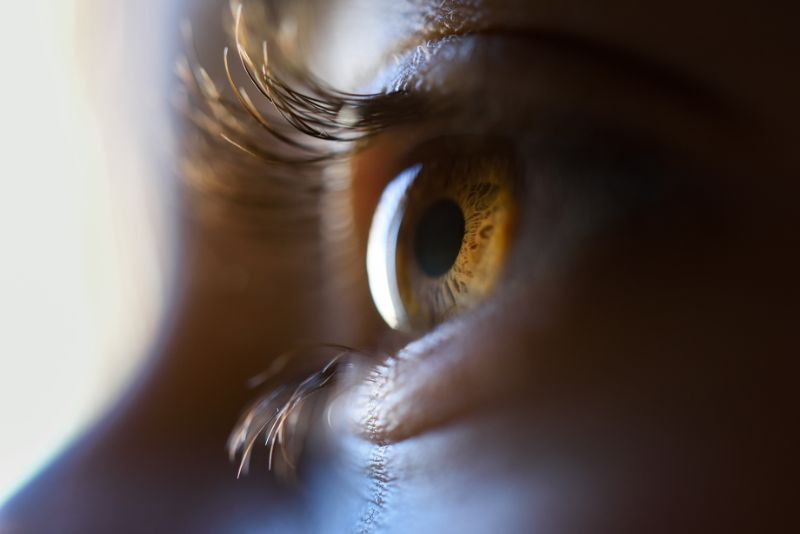
Ophthalmologists offer multiple retinal services to treat diseases that affect the back of the eye or retina. Your doctor will determine the best treatment plan to address your retinal condition or disease by performing multiple tests and assessments. These may range from minimally-invasive treatments to surgical procedures.
Your retina, a delicate layer of tissue located at the back of your eye, can be affected by various eye diseases, like detachment or degeneration. If left untreated, conditions could potentially cause visual impairment.
At EyesNY, we offer patients different treatment options to slow or stop the progression of retinal diseases and improve their vision. Our experienced team of specialists offers caring and custom eye care.
Diseases and conditions that affect the tissue in the back of the eye include the following:
When the vitreous, the gel-like fluid that fills the space in the center of your eye, contracts and pulls on the retina, it can tear the tissue. This condition is often characterized by sudden symptoms, like flashing lights and floaters.
When fluid accumulates under the retina, it causes the retina to lift and detach from the underlying eye tissues. This is called retinal detachment.
Patients with diabetes may develop a discharge fluid into the retina or beneath its tissue, and this is called diabetic retinopathy. When this happens, the retina expands and blurs or distorts the vision.
Macular degeneration is a condition where the central region of the retina starts to deteriorate. Symptoms include blurriness or the development of a blind spot.
Age-related macular degeneration causes vision loss in people over the age of 55. Early diagnosis and treatment can slow and potentially stop its progression.
Retinal disease symptoms may include:
When the retina cells that receive and organize visual information become damaged by a disease or condition, your vision becomes impaired. The following factors can increase the probability of developing retina issues:
Our specialists might ask about your medical or family history of eye diseases during your eye exam. Knowing about your lifestyle and family can help determine if you have a retinal disease.
Your ophthalmologist may perform multiple painless and quick tests, including:
To stop or slow disease progression, your doctor may follow one or more of the following options:
Depending on the severity of your case, you may need surgical treatment to stop retinal diseases from progressing. Recovery time and side effects depend on your unique health conditions and the specific surgical procedure required.
Because the treatments are minimally-invasive, most patients can return to regular activities in a matter of days after surgery. However, full recovery can take up to six weeks.
Retinal diseases can cause vision deterioration problems. Taking the following steps may help:
EyesNY offers multiple treatment options to help patients slow or stop the progression of retinal diseases. Our specialized team of ophthalmologists is ready to assess your needs and give you the high-quality vision care you deserve.
We work with cutting-edge technology to identify the root cause of your condition and create personalized treatment plans. Our caring staff is ready to welcome you and meet your ocular health and vision needs. We offer comprehensive eye care services, including retinal services.
If you’d like a consultation or more information, contact us, schedule an appointment online, or visit our clinics. We have multiple locations around New York, including Malta, Clifton Park, Troy, Saratoga Springs, and Queensbury.
Malta
658 Malta Ave., Ste 101
Malta, NY 12020
Phone: (518) 580-0553
Saratoga Springs
414 Maple Ave Ste 200
Saratoga Springs, NY 12866
Phone: (518) 580-0553
Clifton Park
1712 U.S. 9
Clifton Park, NY 12065
Phone: (518) 580-0553
Queensbury
535 Bay Road
Queensbury, NY 12804
Phone: (518) 580-0553
Troy
2200 Burdett Street Ste 206
Troy, NY 12180
Phone: (518) 580-0553
